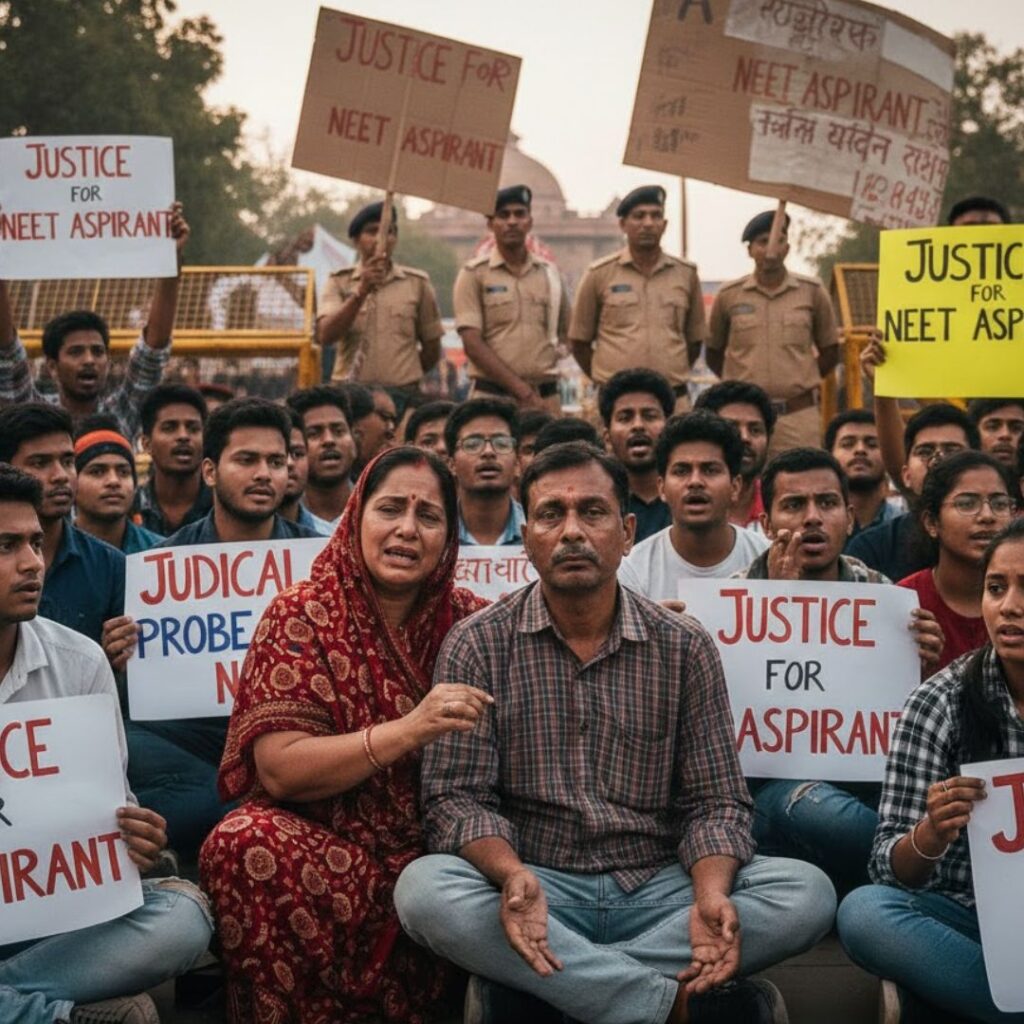As the global community grapples with the intricate challenges of climate change, India takes a significant leap forward with the launch of the CII Climate Action Charter (CCAC) on September 21, 2022. This initiative marks a concerted effort by businesses to combat the effects of climate change, recognizing the urgent need for sustainable industrial development. The CCAC, founded on four core principles, aims to foster long-term resilience, drive sectoral climate actions, and showcase best practices for a just, equitable, and sustainable transition.
Sustainable Industrial Development:
The root causes of climate change, including the burning of fossil fuels, deforestation, and overexploitation of natural resources, have led to over 75% of greenhouse emissions and nearly 90% of carbon emissions. In response, the Government of India advocates for sustainable practices within the business sector, emphasizing the role of businesses in achieving both inclusive and sustainable national development.
Sustainable industrial development focuses on minimizing environmental impact while maximizing economic and social benefits. Transitioning to renewable energy sources, reducing waste and emissions, and embracing circular economy practices are key strategies. For instance, companies can adopt renewable energy sources like wind or solar, implement energy-efficient practices, and engage in sustainable supply chains.
Strategies Across Sectors:
The CCAC encourages businesses to adopt various strategies across sectors, including:
1. Circular Economy Approach: Minimizing waste by reusing, repurposing, or recycling materials to reduce the environmental impact of extraction and processing.
2. Sustainable Supply Chains: Investing in sustainable supply chains and promoting eco-friendly practices among suppliers and customers.
3. Sustainable Farming and Forestry Practices: Implementing regenerative agriculture and sustainable forestry practices to reduce carbon emissions, improve soil health, and protect biodiversity.
4. Carbon Credit Market: Establishing a domestic carbon credit market to incentivize businesses to reduce carbon emissions, fostering innovation in renewable energy and energy efficiency.
5. Climate Education: Promoting climate education to raise awareness about the importance of combating climate change and encouraging individuals and communities to take action.
CII Climate Action Charter: A Comprehensive Approach:
The CCAC, grounded in four core principles—GHG emission reduction, transition in the value chain, building resilience, and mobilizing green finance—provides a framework for businesses to measure, mitigate, and adapt to climate change impacts. This initiative not only addresses the urgent challenges posed by extreme weather events but also propels Indian businesses to lead sectoral climate actions.
India’s Sustainable Mission:
As India grapples with the consequences of climate change, the nation is committed to achieving zero net carbon emissions by 2070 and meeting 50% of its electricity requirements from renewable sources by 2030. The CCAC stands as a testament to India’s resolve in tackling climate change and fostering sustainable industrial development.
In the face of increasing climatic challenges, the CII Climate Action Charter emerged as a pioneering initiative, steering Indian businesses toward sustainable practices. With a focus on resilience, reduction of greenhouse gas emissions, and sectoral leadership, the CCAC is a crucial step in India’s journey towards a greener and more sustainable future. As businesses join forces to combat climate change, the bottom line becomes clear: a sustainable mission is not just an option but a necessity for the well-being of the planet and its inhabitants.
Also Read: UNESCO’s Daksha Exhibition Showcases West Bengal’s Traditional Crafts For Economic Empowerment













